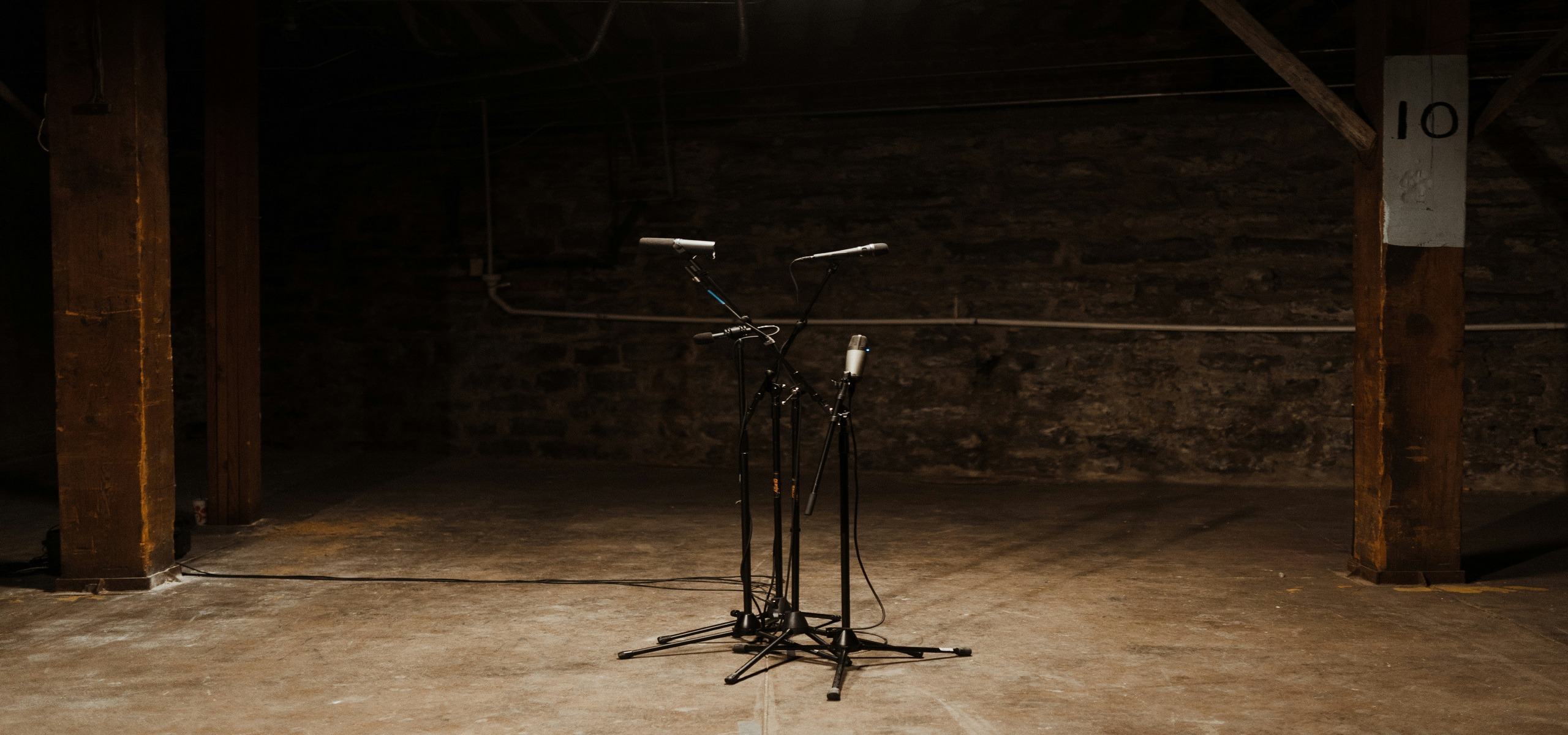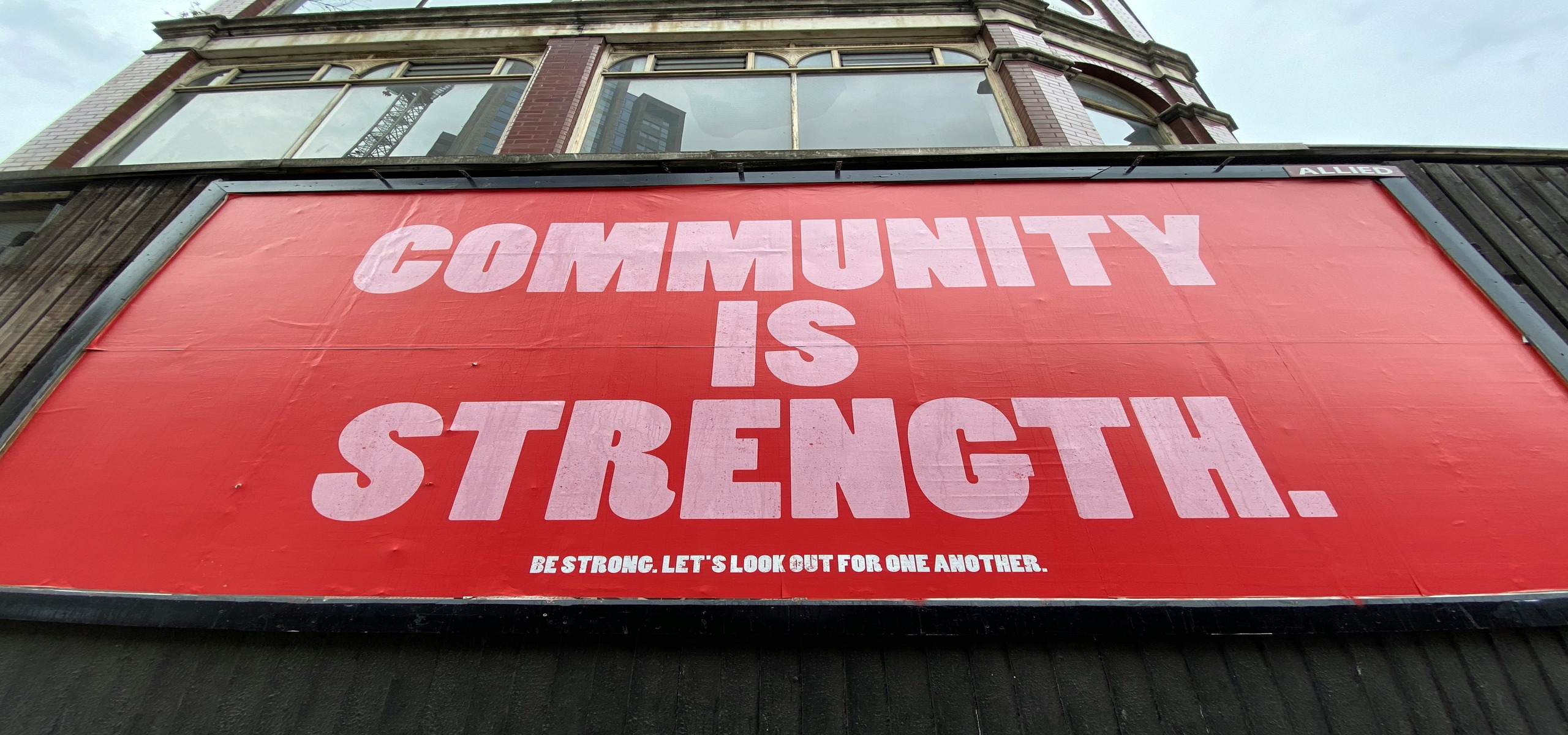Living life off script: The power of improv

Ever thought about trying an improv class? I certainly hadn’t. The thought of standing up in front of an audience, without a script, trying to make people laugh – sounds like pretty much my worst nightmare. But after speaking with Sophie Pumphrey – an inspiring improv teacher – I’m starting to reconsider.
Firstly, it’s clear that to Sophie improv isn’t just about performance – it’s a place to cultivate the skills to live a full, happy and successful life. Indeed, where the only thing that is constant in life is change – improv equips us with the necessary tools to navigate uncertainty with creativity, presence and confidence. By normalising unpredictability, improv strengthens our psychological resilience and adaptability, it trains us to face reality and respond decisively.
Improv also builds key skills in communication. While many assume it’s all about what you say, Sophie told me that “at its core, improv is about listening – and so many people are very bad at listening”. We’re often so focused on what we want to say next that we don’t actually hear what the other person is saying. In improv, you can’t get away with that. You have to build on what your scene partner just said – absorbing the information, processing it and responding authentically. This kind of deep listening helps you connect with people, it makes you a better friend, partner and colleague.
Here, Sophie also offered interesting insights for leaders. She explained, “a good leader is someone who’s good at giving their attention – to a situation, or to people. They’re not sat there thinking, ‘how am I doing?’ That kind of inward focus lowers your status”. True presence and leadership, she argues, is about shifting your attention outward. Having influence is not about speaking more but becoming more attentive.
That being said, improv doesn’t just teach you how to listen – it also helps you find your voice. For some, the challenge is learning to be heard, to step into a room – speak up and take up space. Here, improv helps people discover that their way of speaking, their humour, their presence – things they may have hidden or pushed down – are not only valid but valued. In this way, Sophie described how improv builds on an important paradox: “Pretending to be somebody else or pretending to be in a kind of made-up situation can allow you to be more honest to yourself”. If, as Meisner said, ‘acting is behaving truthfully under imaginary circumstances’ then improv comedy gives us insights into the truth of our emotional world while remaining safely in imaginary situations.
In this way, improv is less about learning new tricks and more about being authentic, about unlearning the armour we’ve built around ourselves. As Sophie put it, for her, improv is about ‘peeling off the layers’, about ‘letting any negative ideas of yourself fall away’. While in our everyday lives, we present a polished front, we become somehow disconnected from reality. Instead, improv invites us to drop the performance and bear what’s actually there – our sensations, instincts, and responses. By stepping into imagined worlds, we paradoxically become more honest. It’s not about pretending to be someone else – it’s about finally allowing ourselves to be.
In part, this is important because psychologically we benefit from being present, from being content and comfortable with ourselves. But beyond improving our wellbeing, there is an added benefit we may realise at work – we are more able to build compelling arguments when we are authentic and at-ease. Here, Sophie reminded me that while we may each spend lots of time putting up a front – we are much more transparent than we think.
To bring this point to life, Sophie gave an example – she said, think about attending a team meeting, someone is giving the quarterly report, they know it’s boring, so they just rush through it, they don’t realise how much that affects the audience. Often – it’s not about the content, but the delivery. Imagine that same report- delivered by someone who was engaged, comfortable, enjoying themselves… that energy is infectious, it is compelling. In improv, you learn to bring your full self to the stage. Through improv you realise that you get a lot more out of putting just a little bit in.
In a similar vein, improv teaches us to navigate fear and harness our creativity. When we feel anxious – worrying about how we’re perceived or scrambling for the right thing to say – our bodies tense up, our breathing becomes shallow, and our minds shut down. Sophie shared how often, in a first class, people say their minds go blank. This isn’t due to a lack of ideas—it’s a physiological response to fear. Indeed, on stage, you have to feel relaxed to be able to perform.
In business, we talk about this idea in terms of psychological safety – that innovation requires us to believe we won’t be judged, embarrassed, or punished for taking risks or making mistakes. If people are afraid of getting it wrong, they won’t speak up with a new idea. With this, improv is invaluable, because it helps us practice making mistakes – it helps us to be okay with getting it wrong, it teaches us to respond to failure with laughter and dynamism. When people feel safe to be spontaneous, to show up as they are, and to trust that their contributions will be received with openness rather than criticism—that’s when creativity thrives. In this way, improv could be used to help any team become more adaptable and innovative.
Finally, improv teaches us to engage with other people’s ideas and build knowledge in a fundamentally collaborative way. In improv, the scene cannot be completed alone. You cannot be set in your idea – you have to incorporate and build in other people’s contributions with curiosity and humility- and that, is a great skill to build into all our lives at home and at work. Indeed, in a world that is highly polarised, this kind of openness and collaboration is a vital mindset to build.
So, why should we all try improv? When I asked this question to Sophie – she said, ‘because it can change your life – and I know, because it changed mine’. While it may just seem like a laugh – humour is powerful – and improv can help in all areas, to listen better – to others and to ourselves, to be more present, engaging and persuasive, to be more collaborative, dynamic and creative.

